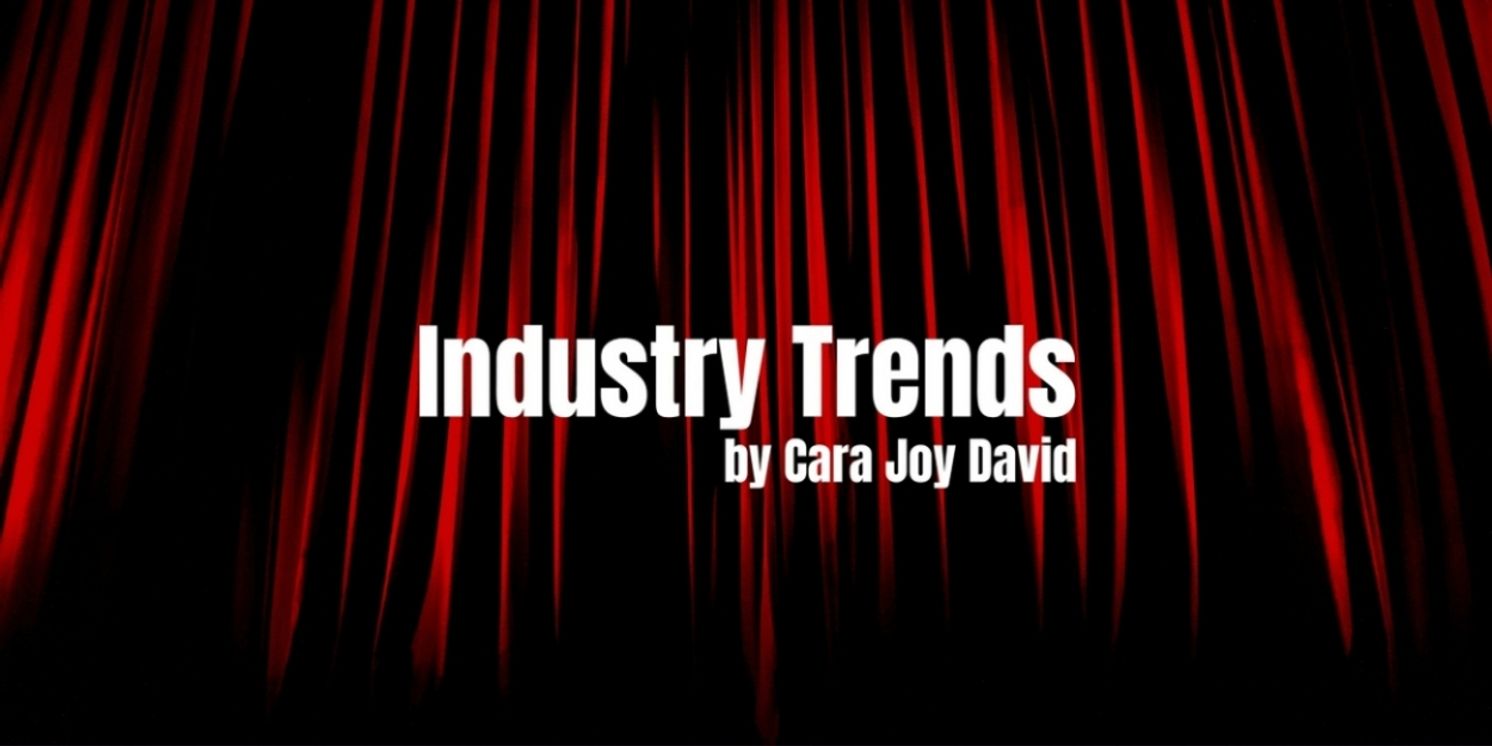Regional Theaters Need Your Support Now
Industry Trends appears every Monday in BroadwayWorld's Industry Pro Newsletter.

This edition of Industry Trends appeared earlier in BroadwayWorld's Industry Pro Newsletter. Want to be the first to know about the latest industry trends? Click here to sign up!
Theater folks in New York tend to be focused on what is happening in New York. But theaters all across the country -- the professional regional theaters, the community theaters, the commercial houses -- are part of the same theater ecosystem that New York theaters are part of. A non-profit in Utah, for example, impacts NYC theater by inspiring and training future theater artists, aiding in project development and normalizing theatergoing. Not to mention what it does for its own community. Unfortunately, though not surprisingly, theaters in most regions are suffering.
"We think it is going to take us five years to rebuild," said Angela Lee Gieras, Kansas City Repertory Theatre Executive Director and a LORT Board Member. "I don't know if it's that people got out of the habit of going to theater and now it takes more to get them out. But the confusing part about that kind of a statement is they are going to sporting events, they are going to live concerts."
Some theaters have closed their doors for good. Some have simply not reopened yet. The well-known regionals are back, but the vast majority are doing less shows now than in the before times.
Non-profit regionals rely on a combination of donations, sponsorship, subscriptions and individual ticket sales. Some of the best-known regional non-profits -- including Arena Stage in Washington, D.C. and Alliance Theatre in Atlanta, GA -- have seen subscriptions drop approximately 40% from where they were before the pandemic. Still others, such as La Jolla Playhouse in La Jolla, CA, held a good percentage of their subscribers but have taken a substantial single ticket hit. This at a time when expenses are high.
"American theater is definitely in need of support from the public," Tim Bond, Artistic Director of TheatreWorks in Palo Alto, CA, said. TheatreWorks' subscriptions are down 26-27%, but it is coming off a popular mounting of LITTLE SHOP OF HORRORS reset in San Francisco's Chinatown.
"The government saved us for that year-and-a-half when they pumped in money," Bond said. "But, now that that money is gone and we are down in subscriptions and still struggling to get people to come back for single tickets, we're in danger of losing more theaters in the next few years. TheatreWorks, right now, we're solid, but we have issues that we see on the horizon."
But there is hope. Christmas shows are back to being hits. Arena Executive Producer Edgar Dobie said sales are improving -- Step Afrika!'s MAGICAL MUSICAL HOLIDAY STEP SHOW was a box office success there, as was this summer's world-premiere musical AMERICAN PROPHET: FREDERICK DOUGLASS IN HIS OWN WORDS (which was enhanced by commercial producers and off-subscription). And there are companies that are doing fairly well in terms of subscriptions and single ticket sales. Denver Center for the Performing Arts Theatre Company Artistic Director Chris Coleman said the theater company was at 87% of its 2019 subscriber number and hit sales goals for all of its productions except one. Asolo Repertory Theatre leadership reported being only approximately 15-17% down in subscriptions with strong individual ticket sales.
It is not easy to figure out why some theaters are doing better than others, but there are theories out there. Keep reading the BroadwayWorld Industry Pro newsletter for a future column on that topic.
Videos

